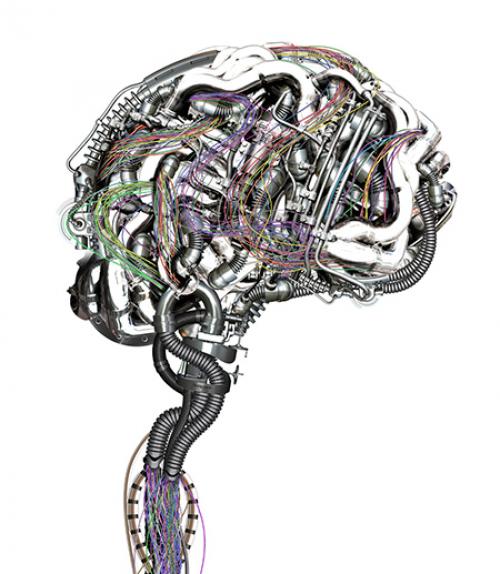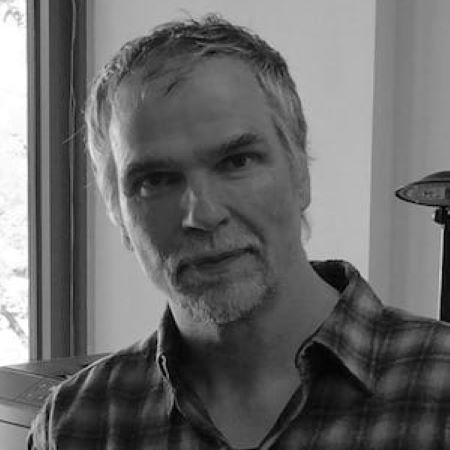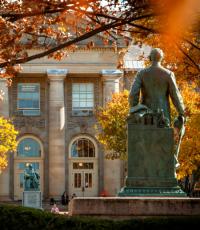
 Department Homepage
The College of Arts & Sciences
Department Homepage
The College of Arts & Sciences
Understanding the mind
The mind that thinks our thoughts is a pretty special place. But is it distinct from the brain? Is there, in fact, a soul directing our thoughts or are they determined entirely by the output of our biology? Could that mouse scampering through your garden be thinking deep thoughts, or are humans really special?



